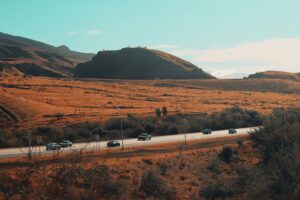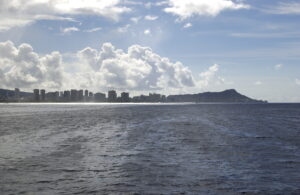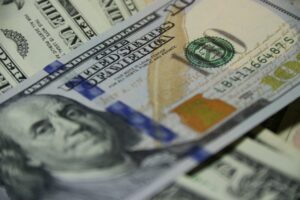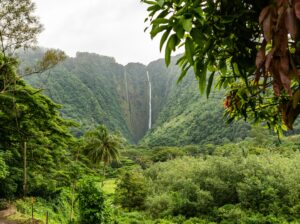1. SO WHAT DOES THE STATE HAVE PLANNED FOR THE NEXT TWO FISCAL YEARS?
A review of the budget shows three main points:
–Increased spending on education, medical, other state services.
–Big increases in spending on capital projects.
–Important state reserve funds have not been replenished.
2. LET’S LOOK AT EACH ONE OF THESE. WHAT’S ALLOWING INCREASED SPENDING ON STATE GOVERNMENT SERVICES?
Increased government revenues:
–From tax increases enacted by the 2011 legislature, in particular the termination of exemptions for the general excise tax.
–Important state reserve funds have not been replenished.
State is using the increased revenues to restore some of the budget cuts made to state departments over the last few years.
3. WHAT ABOUT THE BIG INCREASE IN STATE CAPITAL SPENDING? IS THIS A GOOD THING FOR THE STATE?
State capital spending is financed by borrowing. This is a great time to borrow, with long-term interest rates at historic lows and the state enjoying a good credit rating. There is a backlog of important maintenance projects and new infrastructure projects. Starting these projects will help to employ construction workers who are still suffering from a high unemployment rate and will also improve Hawaii’s infrastructure—roads, ports, schools, mountain trails—that support both businesses and families.
4. THE LEGISLATURE ALSO DECIDED NOT TO REPLENISH TWO RESERVE FUNDS, THE RAINY DAY FUND AND THE HURRICANE RELIEF FUND.
The Legislature’s decision not to start rebuilding these funds is a big mistake. The State used revenues from both funds last year to help make up a huge budget shortfall. But with state tax revenues recovering, it’s important to rebuild state reserves. Low levels of reserves can impair the state’s bond ratings. This would raise interest rates paid by the state at a time when the state is borrowing more to finance increased capital spending.
Rebuilding the state’s reserves is tough: it means either less spending or higher taxes—but operating the state without necessary reserves could lead to even tougher times during an emergency. Just think hurricane, earthquake, tsunami, military actions in Iran, or more European economic problems …
– Sumner La Croix




